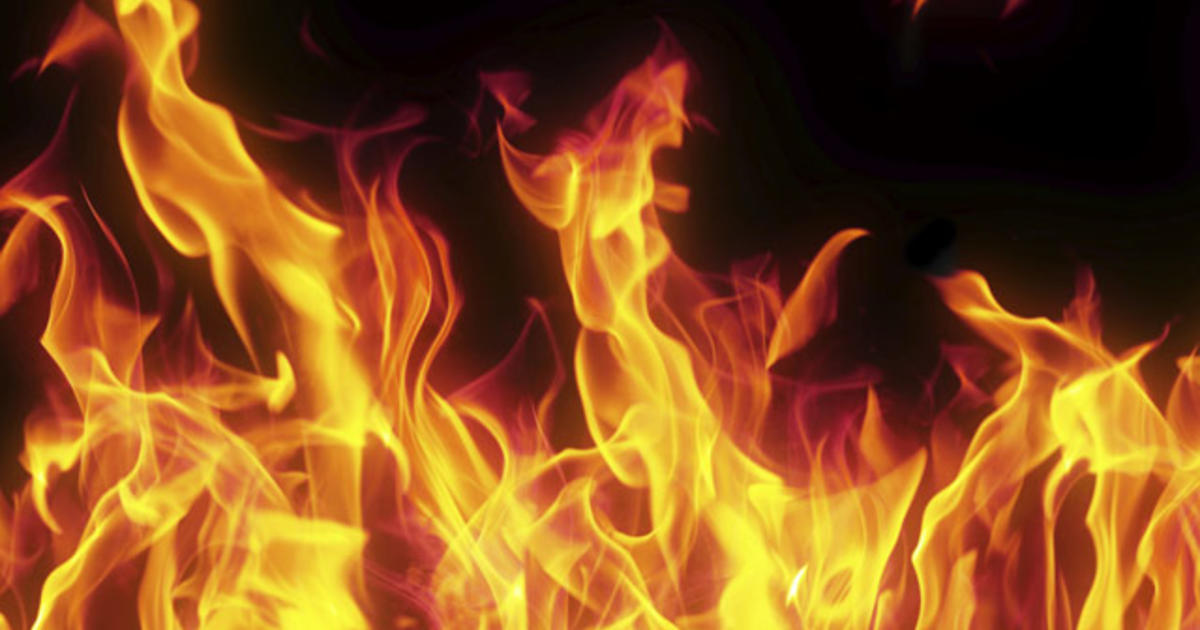Women Should Be Aware Of Heart-Attack Symptoms
CHICAGO (CBS) -- If you're a woman, you may not believe you're as vulnerable to a heart attack as a man -- but you are.
The symptoms are different, depending on gender. And, as CBS 2's Mary Kay Kleist reports, when a younger woman has a heart attack, it can be more deadly than when it happens to a man.
Photographer Christine Lee never pictured herself in the health situation she's in.
"It felt like somebody's hand was on fire and they reached in and grabbed my heart, and every time it beat in, it got tighter. It felt like it couldn't get a full beat back out," she says.
Christine had suffered a heart attack, and she's only 43. She says she had experienced flu-like symptoms, including lethargy, sweats and trouble sleeping, for a few weeks.
That's not unusual. Doctors say many women don't see it coming because they have different symptoms than men, and even emergency room physicians can be slow to reach a diagnosis.
"Women are more likely to come in with non-specific symptoms -- shortness of breath, fatigue, nausea, dizziness," says Dr. Rupa Mehta Sanghani, a cardiologist at the University of Chicago.
Dr. Sanghani is studying heart attacks in young women to help predict who is at risk.
"Women that present with the heart attack at a younger age are much more likely to die of their heart attack than a male of the same age," she says.
Researchers say young women are having heart attacks more often. Women have a one-in-three chance of getting heart disease, compared to a one-in-eight chance of getting breast cancer.
"I think women need to realize that they're definitely at risk for this, and it's a bigger killer than breast cancer is," Dr. Sanghani says.
Having that heart attack last November has made Lee want to warn other women.
"If something seems odd, get on the phone, make an appointment, be insistent," she says.
Smoking and obesity are important risk factors for women. In Christine Lee's case, it was family history. All women should learn the heart attack signs:
--pain or discomfort in the center of the chest, or other areas of the body (arms, back, neck, jaw or stomach)
--shortness of breath
--breaking out into a cold sweat
--nausea
--light-headedness







